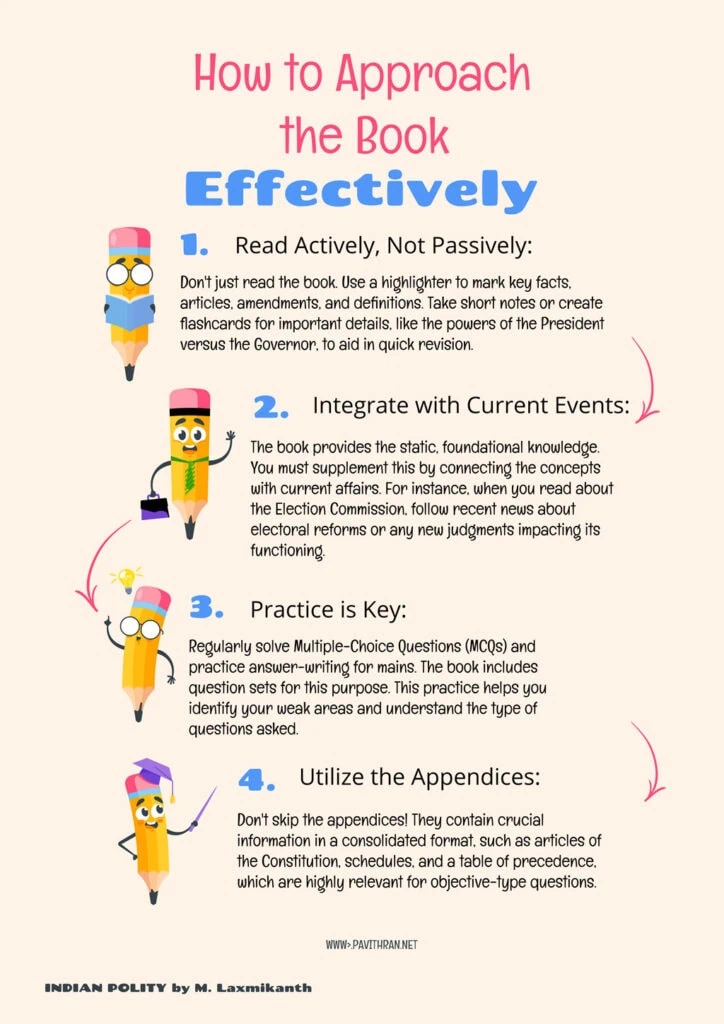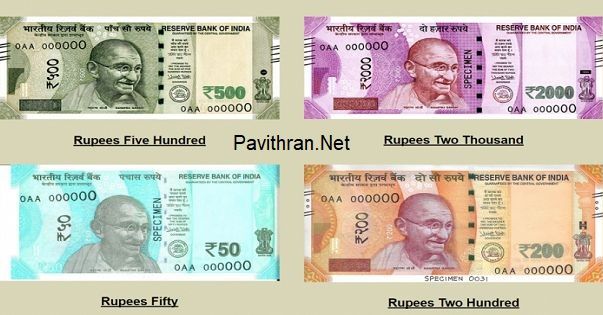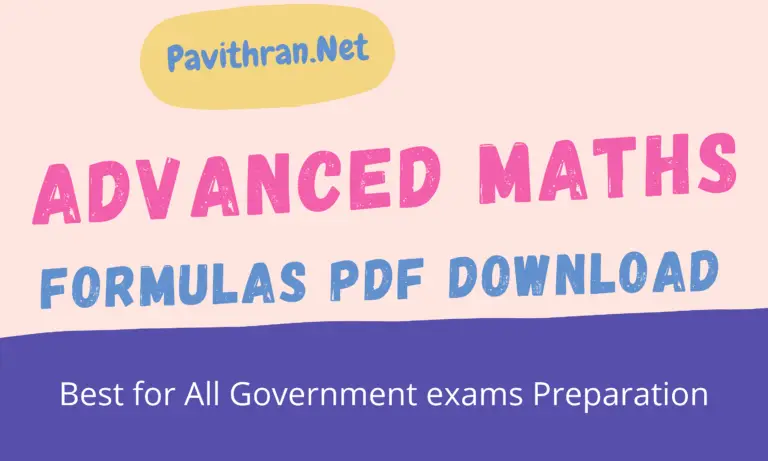Laxmikanth Indian Polity 2025: Worth It? Honest Review
Are you tired of complex political books that make your head spin? Imagine a guide that breaks down India’s political system so simply, even a beginner can understand. M. Laxmikanth’s Indian Polity is your ultimate roadmap to cracking UPSC and state service exams.
Packed with 12 new chapters and latest insights, this book transforms complicated constitutional concepts into easy-to-grasp knowledge. Ready to unlock your political understanding?
![Indian Polity for UPSC by Laxmikanth M [8th Edition - 2025]](https://www.pavithran.net/wp-content/uploads/2025/02/Indian-Polity-for-UPSC-by-Laxmikanth-M-8th-Edition-2025-782x1024.webp)
Overall Rating:
4.8
/
Indian Polity by Laxmikanth
Unlock the secrets of Indian Polity with M. Laxmikanth’s game-changing 8th edition! Perfect for UPSC, State Services, and anyone curious about India’s political world. 12 fresh chapters, updated insights, and a must-read for exam warriors and knowledge seekers.
Your ultimate guide to understanding India’s constitutional journey starts here!
About the Book: Indian Polity for UPSC by M Laxmikanth
From my experience as a UPSC aspirant, M. Laxmikanth’s “Indian Polity” 8th Edition (2025) serves as the definitive guide for understanding India’s constitutional framework. The book’s 848 pages are logically structured into 95 chapters, covering everything from historical foundations to contemporary amendments. What I find particularly valuable is its systematic breakdown of complex topics into four major sections: Constitutional Framework, System of Government, Central-State Relations, and Constitutional Bodies.
The latest edition incorporates significant updates, including the J&K reorganization, the 103rd Constitutional Amendment on EWS quota, and recent Supreme Court judgments. The addition of practice questions at each chapter’s end helps me test my understanding, while the expanded diagrams and charts make visualization of concepts easier.
The book’s straightforward language and comprehensive coverage make it an essential companion for my UPSC journey, especially for both Prelims and Mains examinations.
About Author: Laxmikanth. M
Laxmikanth is the God father of Indian Polity. This book has been No: 1 Best Selling Books for Indian Polity subject for more than a decade now.
In my journey of UPSC preparation, I’ve found M. Laxmikanth’s “Indian Polity” to be an indispensable guide. As a retired civil servant and accomplished academic, Laxmikanth has distilled his deep understanding of India’s constitutional framework into this comprehensive work. What sets him apart is his ability to break down complex political concepts into digestible segments, something I particularly appreciate while studying.
His systematic approach to organizing topics, from fundamental rights to emergency provisions, reflects his decades of experience teaching UPSC aspirants. Beyond the original English version, his book’s availability in multiple regional languages has helped countless students across India.
While relatively private about his personal life, Laxmikanth’s contribution to civil services education extends beyond his famous book – he has been a mentor at several prestigious UPSC coaching institutes in Delhi. His work continues to be the go-to resource for understanding Indian constitutional democracy.
Pros & Cons:
Key Features:
Not Just a Book, a Whole Course
This isn’t your average textbook. Think of it as an entire course packed into one. It gives you the book, but also has online videos and a special app to help you learn.
Practice Makes Perfect
Want to pass your exams? This book has your back. It includes the actual questions from the last 13 years of preliminary exams and 12 years of main exams. Plus, there are extra practice questions so you can test yourself.
Learning Made Easy
If you find something confusing, don’t worry. The book comes with over 40 videos that explain tough topics in a simple way. It also has helpful charts and summaries to make sure you really get it.
New Look, Better Experience
With its brand-new, full-colour design, the book is filled with visuals like infographics and charts. This not only makes learning more engaging but also helps you retain information much more easily.
Table of Content:

Prioritizing Chapters
The relevance of chapters can vary slightly between UPSC, SSC, and State PSC exams, but there are certain core chapters that are a high priority for all.
High-Priority Chapters (Don’t Skip These):
- Constitutional Framework: Making of the Constitution, Salient Features, Preamble, Fundamental Rights, Directive Principles of State Policy (DPSP), and Fundamental Duties.
- Central and State Governments: President, Vice-President, Prime Minister, Central Council of Ministers, Parliament, Governor, Chief Minister, State Legislature.
- Judiciary: Supreme Court and High Courts (focus on their powers and judicial review).
- Constitutional Bodies: Election Commission, UPSC, Finance Commission, and Comptroller and Auditor General of India (CAG).
- Local Government: Panchayati Raj and Municipalities (the 73rd and 74th Amendments are very important).
Chapters to Prioritize Based on the Exam:
- For UPSC Mains: Focus on chapters that deal with Governance, Center-State relations, Emergency Provisions, and the role of various constitutional and non-constitutional bodies in governance. You’ll need to develop an analytical understanding of these topics.
- For SSC and State PSCs: Questions are often more factual. Prioritize memorizing specific articles, amendments, and the appointment and removal processes of various officeholders. The chapters on Union Territories and Special Provisions for Some States are also important.
Chapters that can be skimmed or read with a lower priority:
- Political Dynamics: Chapters on Political Parties, Electoral Reforms, and Pressure Groups are important for UPSC Mains but can be skimmed for Prelims and most other exams, unless a specific current event makes them relevant.
- Inter-State Relations: While important for a comprehensive understanding, the factual details can sometimes be less frequently asked compared to other core chapters.
User Experience: Real Feedback from Students and Educators
Verdict
Having spent countless hours with Laxmikanth’s Indian Polity, I can confidently say it’s worth every page. It’s essential for UPSC CSE, State PSC exams, Judiciary exams, and UGC NET Political Science. The book’s comprehensive coverage, clear language, and regular updates make it indispensable.
While the size may seem daunting at first, its systematic approach actually makes constitutional concepts more digestible. For serious aspirants preparing for any administrative or judicial services examination, this book isn’t just a choice – it’s a necessity.
FAQs:
Useful Books for Competitive Exams
Best Books for Competitive Exams [PDF]
Disclaimer: Pavithran.Net doesn’t aim to promote or condone piracy in any way. We do not own any of these books. We neither create nor scan this Book. The Images, Books & other Contents are copyrighted to their respective owners. We are providing PDFs of Books that are already available on the Internet, Websites, and Social Media like Facebook, Telegram, Whatsapp, etc. We highly encourage visitors to Buy the Original content from their Official Sites. If any way it violates the law or if anybody has Copyright issues/ having discrepancies over this post, Please Take our Contact Us page to get in touch with us. We will reply as soon as we receive your Mails.
We Need Your Support. Please Share the Link if it is helpful to your Cherished circle






![Arihant SSC MTS Books [Set of 2 Books]](https://www.pavithran.net/wp-content/uploads/2023/02/Arihant-SSC-MTS-Books-Set-of-2-Books-768x432.webp)

![SSC CHSL Tier-1 Quantitative Aptitude 46 Solved Papers - Team Prabhat [English Medium] - 2020](https://www.pavithran.net/wp-content/uploads/2024/08/SSC-CHSL-Tier-1-Quantitative-Aptitude-46-Solved-Papers-Team-Prabhat-English-Medium-2020-768x1002.webp)

![80 Topicwise 2010 - 2025 SSC Mathematics, English, Reasoning & General Awareness Combo (set of 4 Books) Solved Papers - Disha [2025 Edition]](https://www.pavithran.net/wp-content/uploads/2025/02/80-Topicwise-2010-2025-SSC-Mathematics-English-Reasoning-General-Awareness-Combo-set-of-4-Books-Solved-Papers-Disha-2025-Edition-803x1024.webp)